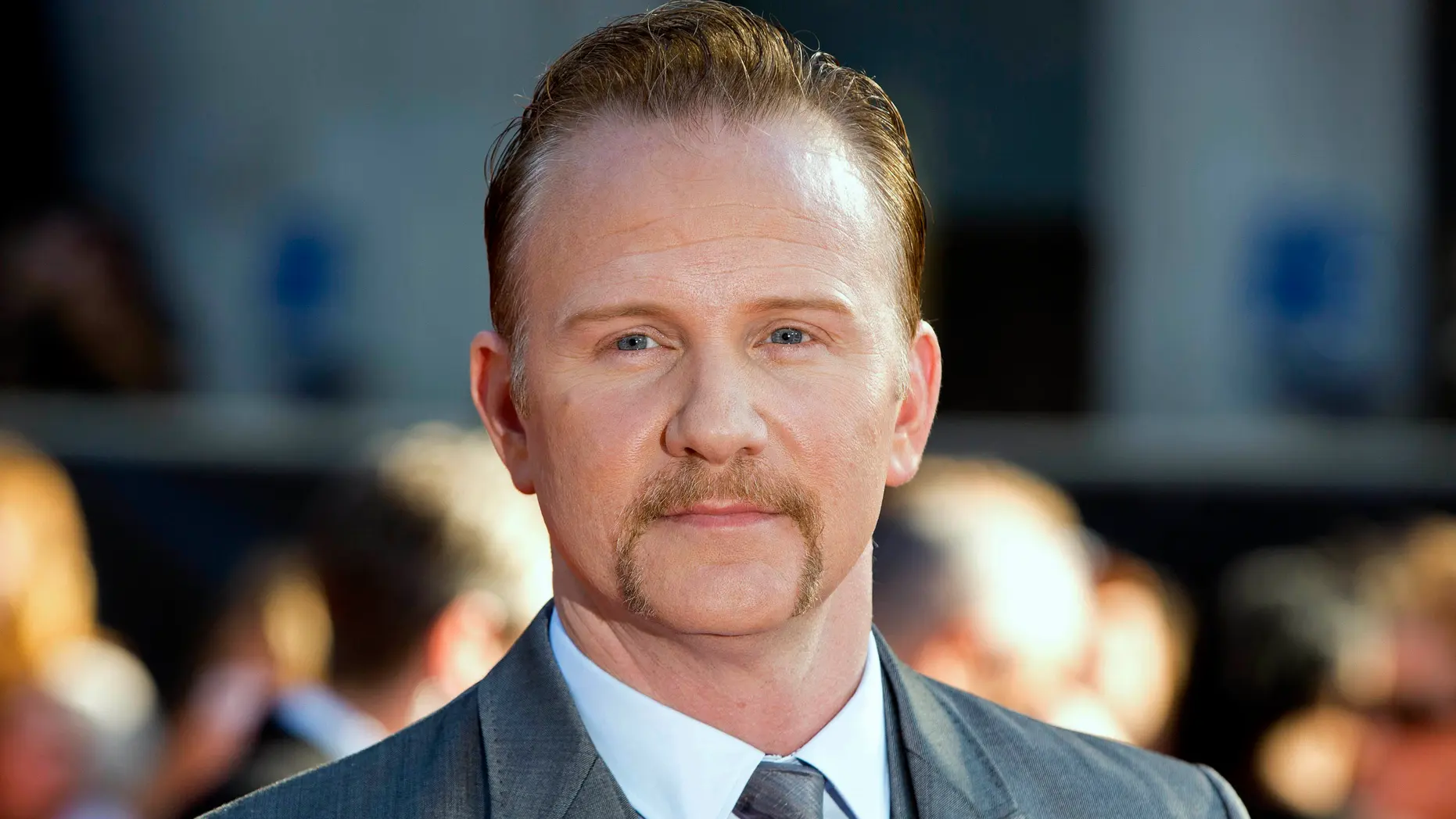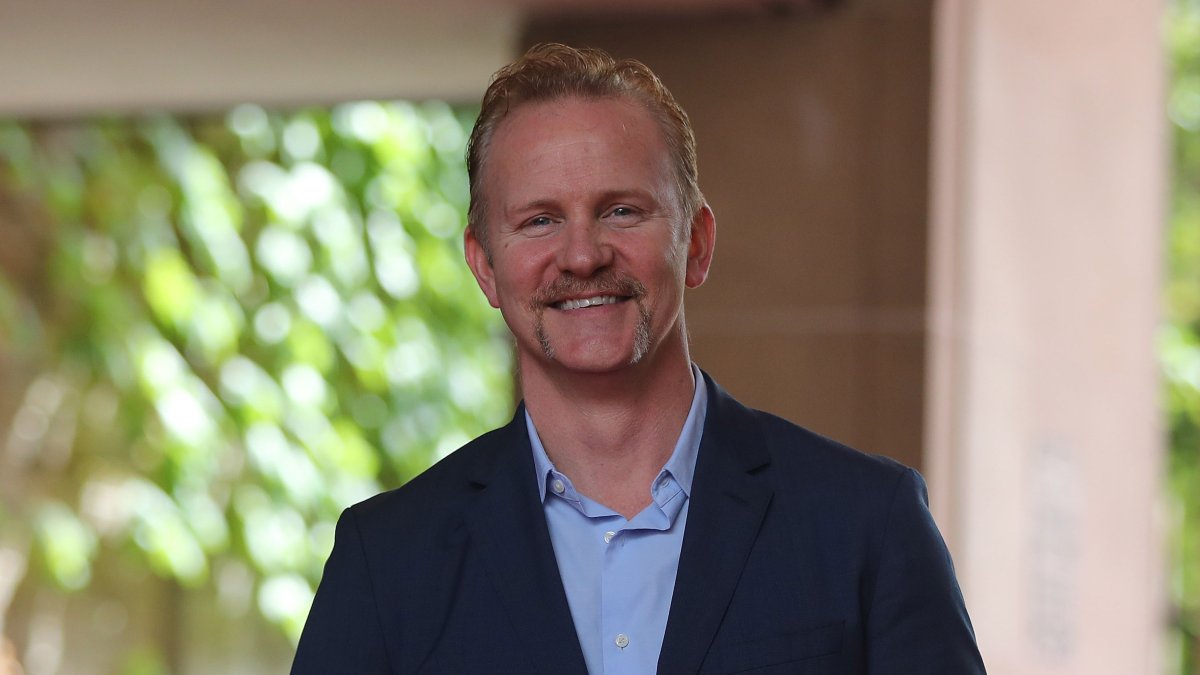Morgan Spurlock’s Personal Journey with Cancer
Morgan spurlock cancer – Morgan Spurlock, the renowned filmmaker and activist, embarked on a life-altering journey when he was diagnosed with testicular cancer in 2014. This diagnosis profoundly impacted his life, shaping his perspective on health, advocacy, and the power of early detection.
Spurlock’s cancer diagnosis was a wake-up call, leading him to reassess his lifestyle and prioritize his well-being. He underwent surgery and chemotherapy, facing the physical and emotional challenges of cancer treatment with resilience and determination.
Impact on Advocacy and Awareness Campaigns
Spurlock’s personal experience with cancer ignited a passion within him to raise awareness and advocate for early detection and prevention. He became a vocal spokesperson for cancer awareness, using his platform to educate the public about the importance of regular screenings and self-examinations.
Spurlock’s advocacy efforts extended beyond his own cancer diagnosis. He collaborated with various organizations to launch campaigns aimed at increasing cancer awareness, reducing stigma, and providing support to those affected by cancer.
Spurlock’s Documentary: “Super Size Me”
Morgan Spurlock’s “Super Size Me” is a 2004 documentary that examines the impact of fast food on the human body. The film follows Spurlock as he eats nothing but McDonald’s food for 30 days, and the results are both shocking and alarming.
Impact on Public Awareness
The film had a major impact on public awareness about unhealthy eating habits. It helped to educate people about the dangers of fast food, and it inspired many people to make healthier choices.
- The film was a critical and commercial success, grossing over $11 million worldwide.
- It won numerous awards, including the Sundance Film Festival Audience Award and the Independent Spirit Award for Best Documentary.
- The film was credited with helping to raise awareness about the obesity epidemic and the role of fast food in the problem.
Portrayal of the Fast-Food Industry
The film also took a critical look at the fast-food industry. It showed how fast food companies use marketing and advertising to target children and how they make it difficult for people to make healthy choices.
- The film showed how fast food companies often use deceptive marketing tactics to make their food seem healthier than it actually is.
- It also showed how fast food companies often make it difficult for people to find healthy options on their menus.
- The film’s portrayal of the fast-food industry led to increased scrutiny of the industry and its practices.
Spurlock’s Advocacy and Awareness Initiatives: Morgan Spurlock Cancer

Following the success of “Super Size Me,” Spurlock dedicated himself to advocating for healthy eating and reducing cancer risk.
He launched several initiatives, including:
The Spurlock Foundation
- Non-profit organization founded in 2005.
- Aims to promote healthy eating habits, particularly among children and low-income communities.
- Programs include educational campaigns, cooking classes, and community gardens.
The American Heart Association’s “Know Your Risk” Campaign
- Joined forces with the American Heart Association in 2011.
- Launched the “Know Your Risk” campaign to raise awareness about the link between diet and heart disease.
- The campaign encouraged people to get their cholesterol and blood pressure checked regularly.
The Centers for Disease Control and Prevention’s “Tips for Healthy Living” Campaign
- Collaborated with the CDC in 2013.
- Developed the “Tips for Healthy Living” campaign to promote healthy eating, physical activity, and tobacco cessation.
- The campaign was disseminated through public service announcements, social media, and community outreach programs.
Spurlock’s Collaborations with Medical Experts
Morgan Spurlock has forged collaborations with renowned medical professionals and organizations to amplify his advocacy efforts and disseminate crucial information about cancer prevention and early detection.
These partnerships play a pivotal role in bridging the gap between advocates and healthcare providers, ensuring that evidence-based knowledge reaches a wider audience.
Partnership with the American Cancer Society
Spurlock has joined forces with the American Cancer Society (ACS), one of the world’s leading organizations dedicated to fighting cancer. Through this collaboration, he has participated in various initiatives aimed at raising awareness about cancer prevention and early detection.
- Public service announcements: Spurlock has lent his voice to ACS public service announcements, delivering compelling messages about the importance of regular screenings and healthy lifestyle choices.
- Community outreach programs: He has actively participated in community outreach programs organized by ACS, engaging with local communities to educate them about cancer risks and available resources.
Collaboration with the National Cancer Institute
Spurlock has also collaborated with the National Cancer Institute (NCI), the federal agency responsible for cancer research and information. This partnership has enabled him to access the latest scientific findings and connect with experts in the field.
- Educational materials: Spurlock has contributed to the development of educational materials for NCI, providing insights from his personal journey with cancer and emphasizing the importance of early detection.
- Advocacy initiatives: He has joined NCI’s advocacy efforts, urging policymakers to prioritize cancer research and funding.
The Role of Media in Cancer Awareness

Morgan Spurlock’s documentaries and other media projects have played a significant role in educating the public about cancer. His films, such as “Super Size Me” and “The Greatest Movie Ever Sold,” have brought attention to the impact of diet, lifestyle, and environmental factors on cancer risk. Spurlock’s work has also helped to destigmatize cancer and encourage open discussion about the disease.
Media campaigns can have a positive impact on cancer screening rates and treatment outcomes. By increasing awareness of cancer symptoms and risk factors, media campaigns can encourage people to get screened for cancer early, when it is most treatable. Media campaigns can also provide information about treatment options and support services, which can help people make informed decisions about their care.
Collaborations with Medical Experts
Spurlock has collaborated with medical experts to ensure that his films are accurate and informative. He has worked with doctors, researchers, and cancer survivors to develop a comprehensive understanding of cancer and its impact on individuals and families.
Ethical Considerations in Cancer Advocacy

Morgan Spurlock’s advocacy work for cancer awareness and prevention raises important ethical considerations. While it is crucial to raise awareness and encourage open discussions about cancer, it is equally important to do so responsibly and ethically.
Sensationalism and Responsible Reporting, Morgan spurlock cancer
One ethical concern is the potential for sensationalism in cancer advocacy. Spurlock’s documentaries, such as “Super Size Me,” have been praised for their attention-grabbing and engaging approach. However, some critics argue that such sensationalism can oversimplify complex health issues and create unnecessary fear or anxiety among the public.
Responsible reporting is essential in cancer advocacy. Advocates should strive to present accurate and balanced information, avoiding exaggerated claims or emotional appeals that may mislead or misinform the public.
Collaboration with Medical Experts
Another ethical consideration is the importance of collaborating with medical experts. Spurlock has worked closely with doctors, researchers, and other health professionals to ensure the accuracy and credibility of his advocacy efforts. This collaboration helps to ensure that the information disseminated is scientifically sound and evidence-based.
By partnering with medical experts, advocates can ensure that their messages are aligned with the latest scientific understanding of cancer and its treatment.